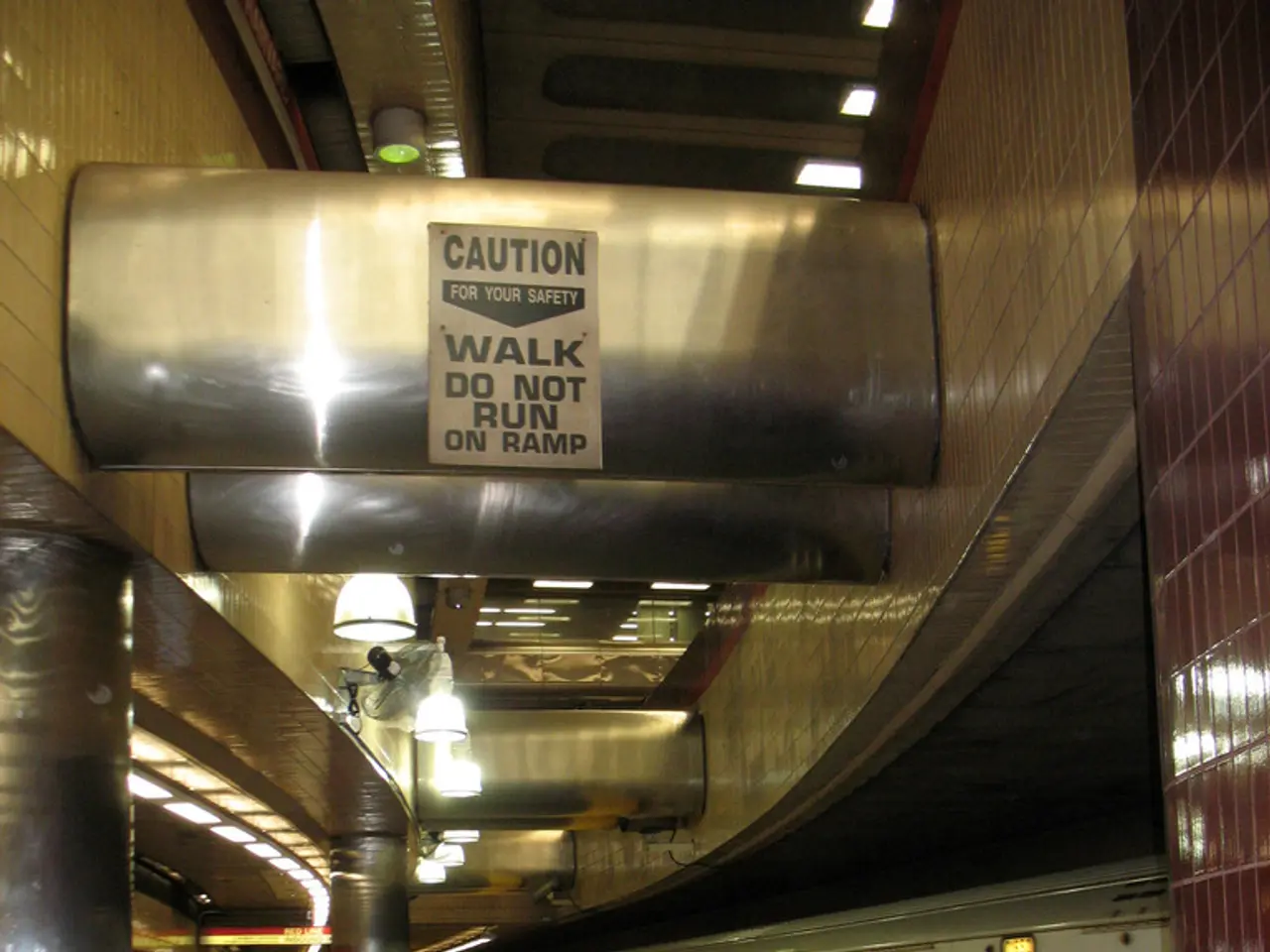Effect of Recently Enacted Tax Legislation on the Movie Industry in Hollywood
In a significant move for the entertainment industry, the One Big Beautiful Bill Act, enacted in 2025, has revamped Section 168(k) of the U.S. tax code, offering substantial benefits to film productions and other qualified properties.
One of the key changes is the permanent allowance of 100% bonus depreciation for qualified film, television, or theatrical productions shot in the U.S., beginning January 19, 2025. This means film productions can immediately expense their costs without limitation, providing a substantial tax incentive. The law also extends bonus depreciation to qualified sound recordings, broadening the scope of eligible audiovisual productions benefiting from these accelerated deductions.
Beyond personal property, the Act introduces an elective 100% depreciation deduction for "qualified production property," which is depreciable nonresidential real property used as an integral part of a qualified production activity. This provision targets production facilities and related real estate investments.
The implications for film productions are far-reaching. Immediate expensing of film production costs reduces the net taxable income, improving cash flow for producers. The inclusion of sound recordings expands tax incentives to music and audio production linked to film and television. The elective 100% depreciation on production facilities encourages investment in physical infrastructure necessary for production, potentially boosting domestic production capacity.
However, there are restrictions. The benefits are designed to support U.S.-based production activity, with provisions prohibiting transfers to specified foreign entities and recapture rules if property use changes.
The tax bill also amends Section 181, effective January 1, 2025, allowing the deduction of up to $150,000 per year for sound recordings produced in the U.S. It's worth noting that Section 168(k) was renewed to permit the immediate deduction of the cost of a film, with no cap, if 75% of principal photography is shot in the United States and the film is "acquired" after January 19, 2025.
In most cases, the "owner" of the film for the purpose of the Section 168(k) deduction is the distributor. However, the regulations state that a distributor who acquires only a limited license or right to exploit a production is not considered the "owner" of the film.
The Section 168(k) deduction is permitted only at the time of the first commercial release of the film. If a distributor does not pay a minimum guarantee for the rights to a film, neither the distributor nor the producer may be entitled to the Section 168(k) deduction.
The tax bill does not attempt to impose a tariff on films produced outside the U.S. due to its impracticality. For 2025-2028, there is an above-the-line deduction for overtime pay, capped at $12,500 per year for single filers and $25,000 for joint returns. Section 181 is scheduled to expire for productions that start principal photography after 2025.
Overall, the renewal and expansion of Section 168(k) under the new tax law provide a robust tax incentive framework for U.S. film productions and related production activities, fostering growth and competitiveness in the domestic entertainment industry.
[1] Tax Policy Center. (2025). One Big Beautiful Bill Act: Analysis of the Revamped Section 168(k) for Film Productions. Retrieved from https://www.taxpolicycenter.org/publications/one-big-beautiful-bill-act-analysis-revamped-section-168k-film-productions
[2] Joint Committee on Taxation. (2025). Summary of the One Big Beautiful Bill Act's Impact on Section 168(k) for Film Productions. Retrieved from https://www.jct.gov/publications/2025/01/01/summary-of-the-one-big-beautiful-bill-acts-impact-on-section-168k-for-film-productions
[3] Internal Revenue Service. (2025). Guidance on the Revamped Section 168(k) for Film Productions under the One Big Beautiful Bill Act. Retrieved from https://www.irs.gov/pub/irs-drop/n-25-01.pdf
[4] National Association of Theatre Owners. (2025). Impact of the One Big Beautiful Bill Act on Film Productions: A Perspective for Theatre Owners. Retrieved from https://www.natoonline.org/wp-content/uploads/2025/01/NATO-Impact-of-the-One-Big-Beautiful-Bill-Act-on-Film-Productions.pdf
- The refreshed Section 168(k) of the U.S. tax code, introduced by the One Big Beautiful Bill Act, offers significant benefits to not only film productions but also extends to qualified sound recordings within the entertainment industry, promoting business growth in the sector.
- The Act introduces a robust framework for the finance industry as well, with the provision for an elective 100% depreciation deduction for "qualified production property," largely targeting production facilities and related real estate investments in the midst of the Hollywood business landscape.




